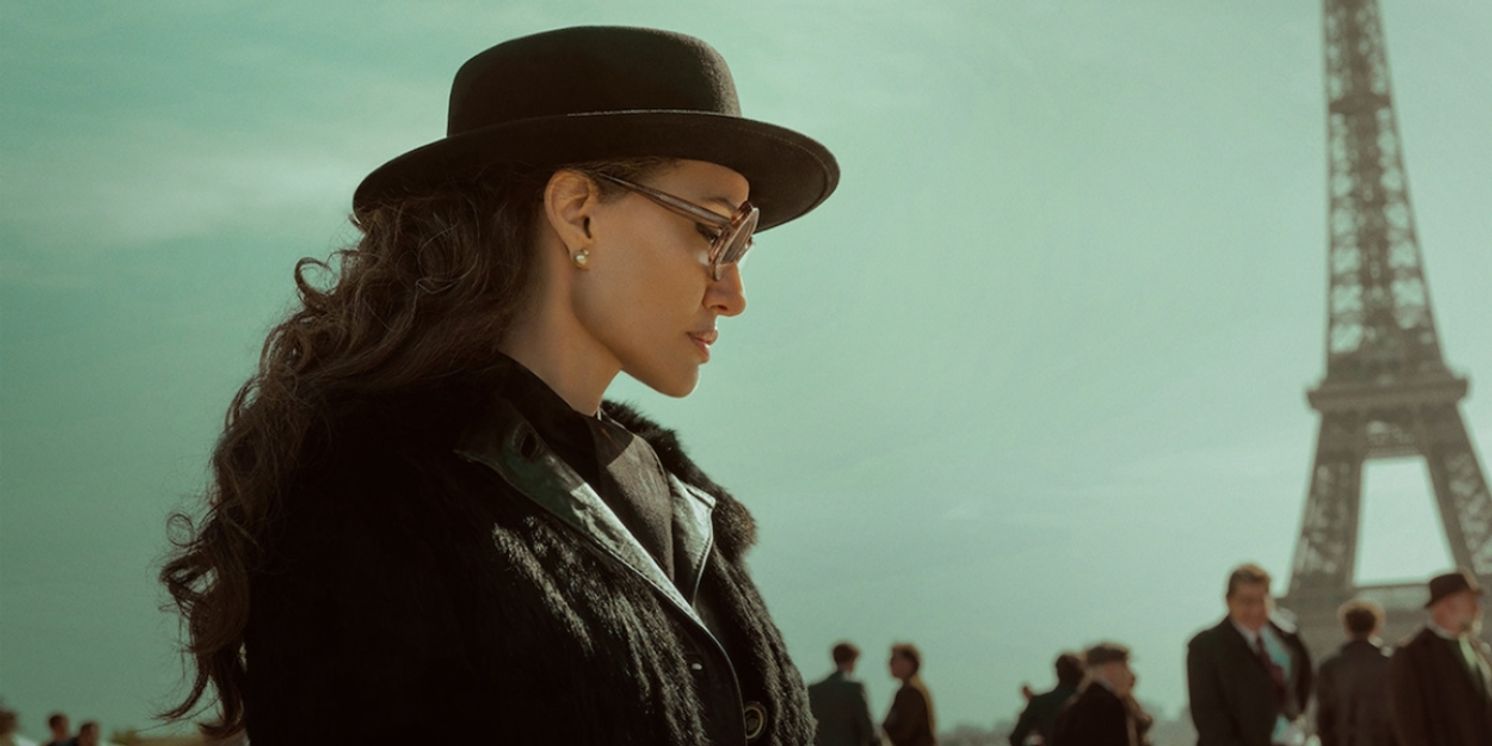Review: MARIA, in Cinemas and Streaming
Biopic of the troubled superstar of 20th century opera

 We open on a dead body - and things get increasingly miserable from there.
We open on a dead body - and things get increasingly miserable from there.
Pablo Larrain’s third biopic of 20th century women - I confess that I found his Jackie (2016) unwatchable to the point that I walked out and avoided Spencer (2021) as a result - continues a trend in the genre for giving us all of the trauma and none of the genius. Actually, that’s not entirely fair, as we do see the great opera singer on stage (usually alone and taking applause while feeling empty inside) and we do hear some of her sensational arias, but it’s not very much really, and certainly not compared to the relentless drug misuse, neurotic hallucinations and crippling mummy issues.
What we do get is a great deal of Angelina Jolie’s Helen-of-Troyish face in what should be unforgiving close-ups but they’re not because it’s a compelling instrument. Nothing screams “I demand an Oscar” like taking on the role of a troubled icon, but that face might just deserve it, alongside Massimo Cantini Parrini’s wonderful costume design, much the best element of a handsome production.
The movie concentrates on Callas’s last week before her death at 53 with some black and white flashbacks (surely too much of a cliché these days?) and intermittent hallucinatory episodes. A regular fantasy comprises interviews with a documentary filmmaker (Kodi Smit-McPhee in an underused role) which smuggle in so much exposition that it soon goes from merely clumsy to irritating.
The strongest scenes are during the war, when we see the two sisters shaking with fear in front of two SS thugs in wartime Athens. Maria (Aggelina Papadopoulou) still has the puppy fat that attracted her mother’s repeated insults for years, leading to heavily-hinted eating disorders, alongside the trauma of also heavily-hinted sexual abuse. You have to go to Wikipedia to find out why the two sisters were in Greece and not safe, with their father, in their childhood home, New York City, a detail that the film really should address and not leave us to deduce from the succession of father-figures in her life .
We see the adulation of a demanding public and learn of her love affair with Aristotle Onassis (Haluk Bilginer, chewing the scenery) and of a pass made by a charmless John F Kennedy (Caspar Phillipson, also chewing the scenery). The centre of the movie is her relationship with her butler, Ferruccio, and maid, Bruna (Pierfrancesco Favino and Alba Rohrwacher, both excellent). Though Callas bullies them, continually telling them to move a grand piano around her grand Parisian apartment in retribution for their hiding of her pills, there’s something more than respect between the three, revealed in a brief scene when the three play cards. Callas actually smiles genuinely, as opposed to sardonically, for just about the only time in the film!
Until the best scene of all. Over the credits we see archive footage of Callas at ease, laughing with Onassis, delighting in the public’s attention, very beautiful indeed and happy. Suddenly the sepulchral face we have lived with for two hours is alive with energy, and we glimpse what made her not just the singer, but the star. Maria would have been a far better movie had a window been opened on to that genius, as much as on to the flaws and pressures that carried her off at just 53.
Maria is in selected UK cinemas and streaming on Netflix from 10 January
Reader Reviews
Videos

